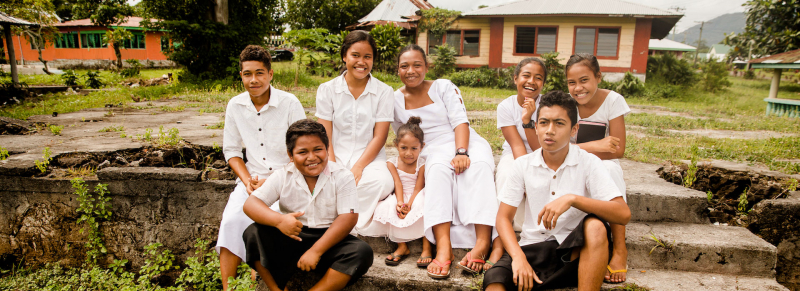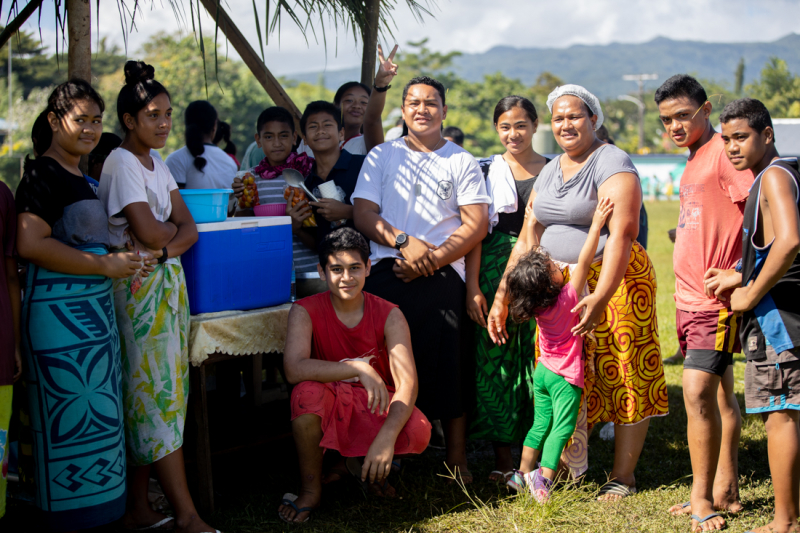Greetings etiquette
Strangers are greeted with a handshake and a warm smile, or by raising one's eyebrows and smiling in acknowledgement. Strangers or community leaders are greeted with a title. If the person you are greeting has a title, such as a chief (Matai), you should use it regardless of how long you have known them. Many chiefs do not advertise their position, so it is necessary to inquire and address them by their proper title. A hug and a kiss on the cheek are common greetings among friends and family. When greeting friends and family, the first name is usually used, followed by "Talofa" ("Hello"). Begin by approaching the individual, looking them in the eyes, extending and shaking their hand, and saying 'malo' or 'talofa.' Then, as you move around the room, do the same thing.
As in other cultures, greeting people by asking about their health or welcoming them into your home is appropriate. Have you noticed how many different greeting phrases we have? The phrases afio mai, maliu mai and sūsū mai are used to greet matai (chiefs) and other important people, but which one you use depends on the rank or type of matai you are greeting.














